Peppermint Tea Benefits: 13 Science-Backed Health Gains
Add this refreshing drink to your daily routine, and your body will thank you for it!
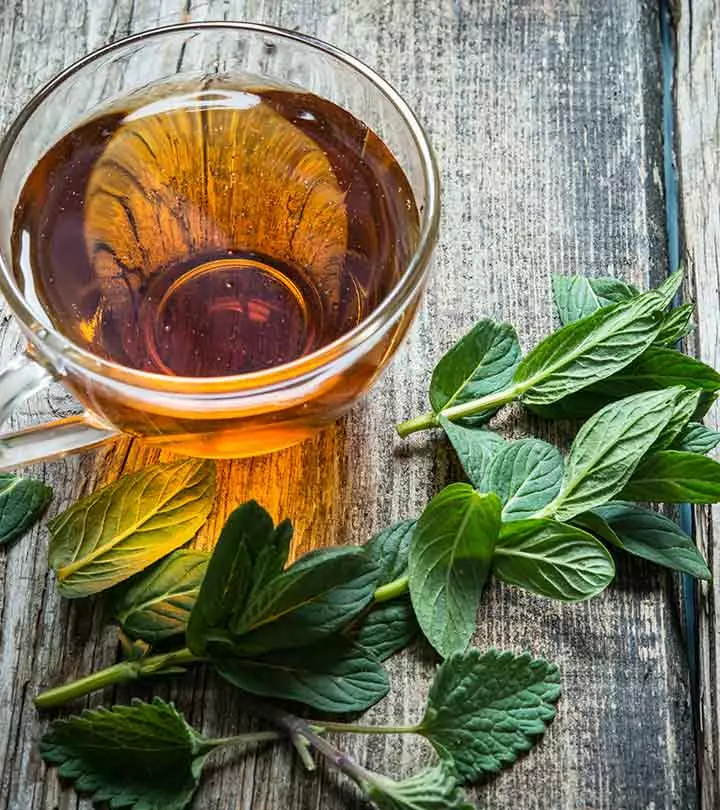
Image: shutterstock
The benefits of peppermint tea will make you crave a cup or two. Many generations of people have used peppermint for medicinal purposes. It is widely consumed and is noted for its minty flavor. Peppermint tea has zero calories and a refreshing flavor. This natural brew contains antioxidants, antibacterial, antiseptics, anti-inflammatory, antispasmodic, and analgesic properties. It may act as a natural remedy for headache relief, improve digestive health, curb weight gain and freshen the breath. Physicians have recommended this infusion for a long time because it is natural and caffeine-free.

This article discusses peppermint tea benefits, its nutritional profile, how to use it for maximum benefits, and any potential side effects. Take a look.
 Know Your Ingredient: Peppermint Tea
Know Your Ingredient: Peppermint TeaWhat Is It?
A hot beverage made by infusing peppermint leaves in hot water.
What Are Its Benefits?
It has analgesic, antioxidant, antimicrobial, anti-inflammatory, and antispasmodic properties.
Who Can Use It?
Anyone can consume it in moderation, but people suffering from heartburn and gastroesophageal reflux disease should avoid it.
How Often?
The recommended limit is 2-3 cups of peppermint tea every day.
Caution
Overconsumption can cause cramping, drowsiness, muscle pain, tremors, diarrhea, and a drop in heart rate.
In This Article
What Are The Benefits Of Peppermint Tea?
There are many peppermint benefits for health, especially skin and hair. So, consuming peppermint tea is highly beneficial as well. Some prominent advantages are –
1. May Improve Digestion
Peppermint oil has been used to cure various digestive issues such as gas, heartburn, bloating, and indigestion. It is a natural carminativei A natural substance that helps expel gas from the stomach to reduce stomach ache, cleanse the bowel system, and regulate the digestive function. . It relaxes the abdominal muscles. Menthol, a bioactive component in peppermint, may help in soothing the colon muscles. It may induce a spasmolytic effect on the colon muscles and promote digestive health (1). A study conducted by Tufts University found that peppermint may relieve digestive symptoms such as indigestion, gas, and bloating. In another animal study, peppermint was found to relax the digestive system and ease the pain. Peppermint can also keep the smooth muscles in your gut from contracting. This may help relieve abdominal spasms (2), (3).
Similarly, peppermint tea may have a laxative effect and may help relieve issues such as stomach upset, indigestion, gas, and bloating. Thus, it is a great home remedy for digestive problems. Peppermint has carminative antispasmodic propertiesi The effect of a medical drug or agent that suppresses muscle strains and spasms to reduce the pain from stomach cramps. . It may help relieve flatulence and abdominal spasms (4). However, more research is needed to further understand this particular benefit of peppermint tea.
A blogger wrote about her transition to a healthier drink option that she fell in love with – peppermint tea. She writes, “If you have any stomach problems, peppermint tea is an amazing natural remedy. It can help ease irritable bowel syndrome, nausea, digestion and reduce heartburn. I also like drinking it to detox after a night out on the town (i)!”
2. May Help Relieve Tension Headaches And Migraines
Peppermint tea may help relieve tension headaches and migraines. The menthol in peppermint acts as a relaxant and an analgesic. Animal studies show that the tea may have analgesic (pain-relieving) and anesthetic effects on the central and peripheral nervous system (2). The tea may relieve the strain on the blood vessels in the brain. Anecdotal evidence suggests that peppermint tea can act as the perfect aroma therapy that may offer relaxation, ease headaches, and offer stress relief. However, there is no supporting scientific data to prove this claim.
3. May Freshen Your Breath
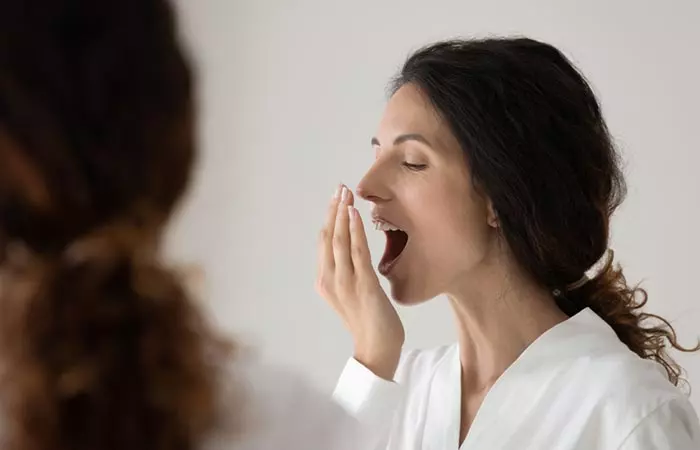
Peppermint has antibacterial properties that kill plaque-causing germs and may improve your breath (5), (6). The herb may prevent the development of oral bacteria that cause bad breath. Peppermint is also known to freshen one’s breath (7). Peppermint is often used as a flavoring agent in many types of mouthwashes and toothpaste due to its pleasant taste and smell (8). The menthol in the peppermint leaves may play a role in this regard.
4. May Relieve Nasal Congestion
A study investigated the effects of seven peppermint tea extracts against a respiratory tract pathogen (Chlamydia pneumoniae). The study states that the consumption of peppermint tea can potentially help treat acute respiratory tract infections (9). All the seven tea extracts inhibited the growth of the pathogen, and aid respiratory health.
Consumption of peppermint tea may prevent chlamydial infections. There is limited scientific evidence to prove that drinking peppermint tea can help unclog sinuses. But anecdotal evidence suggests that a warm beverage containing menthol, such as peppermint tea, may help ease one’s breathing.
Peppermint has many anti-inflammatory, antibacterial, and antiviral effects. Hence, the tea may fight against clogged sinuses caused due to common cold and allergies (10).
A study conducted by University College, Cardiff, found that L-menthol, one of the active compounds in peppermint, improves the sensation of airflow in your nasal cavity (11).
Anecdotal evidence suggests that the vapors of peppermint tea may improve the symptoms of sinus congestion. However, there is no scientific evidence to prove this claim.
5. May Improve Energy Levels
Peppermint contains antioxidants and phenols that can protect the body from free radicals (12). Peppermint tea may improve energy levels and reduce daytime fatigue. While there are no studies on peppermint tea in this regard, research demonstrates that natural compounds in peppermint may have beneficial effects on energy. In a study, 24 individuals given peppermint oil capsules showed less fatigue during a cognitive test (13).
Some anecdotal evidence also suggests that peppermint tea may boost physical energy levels.
However, more long-term studies are required to understand this benefit of peppermint tea.
6. May Help Relieve Menstrual Cramps

Peppermint is said to possess antispasmodic effects that help in relieving menstrual cramps. Drinking peppermint tea may reduce the intensity and duration of menstrual cramps, as the herb is known to have analgesic properties (2).
The compounds in peppermint may act as muscle relaxants. They work on the constricted muscles in the uterus and alleviate cramps. In a study, 127 women with menstrual cramps experienced reduced intensity and duration of pain after taking peppermint extract capsules (14). However, more research is required to understand this benefit.
 Fun Fact
Fun Fact7. May Have Antibacterial Properties
Peppermint effectively fights several types of bacteria, thanks to its antimicrobial properties (2). A study conducted by the Tshwane University of Technology, South Africa, found that menthol also demonstrated antibacterial activity (15).
Some studies suggest that peppermint has the ability to minimize oral bacterial infections by fighting against the corresponding pathogens (5).
8. May Improve Your Sleep
Peppermint tea is a caffeine-free beverage. Hence, taking it before bedtime may help you relax (3). It could be the ideal choice before sleep for those with sleep disorders. It could act as a muscle relaxant and help you relax. However, there is limited research to support this point.
9. May Aid Weight Loss
Peppermint tea is a calorie-free beverage that may help satisfy your sweet tooth. Taking it in place of other high-calorie beverages can also help with weight management. Peppermint is also one of the herbs used in various weight loss formulations (16). However, more research is needed to understand the weight loss effects of peppermint tea.
10. May Help Treat Seasonal Allergies
Peppermint contains rosmarinic acid, a phenolic compound that may exhibit biological activities. However, evidence on the efficacy of peppermint tea against allergy symptoms is limited. Rosmarinic acid is linked to reduced symptoms of allergic reactions, such as itchy eyes, runny nose, and asthma (17), (18), (19). In one study conducted on 29 people with seasonal allergies, those given an oral supplement containing rosmarinic acid had fewer symptoms of an itchy nose and itchy eyes (20).
Another study conducted by the Okayama University, Japan, on rats found that peppermint extract reduced allergic symptoms such as sneezing and nasal irritation (21).
11. May Improve Skin Health

The cooling effect of menthol may have a beneficial effect on oily and pimple-prone skin. Menthol, the basic element in peppermint leaves, lowers the secretion of oils from the sebaceous glands. This, in turn, may help clear your skin and reduce breakouts.
The antioxidants in the tea may also help in clearing skin pores. However, more studies in this line are needed to reach further conclusions.
12. May Improve Concentration
Anecdotal evidence suggests that peppermint tea may help increase alertness, memory, and concentration. Drinking peppermint tea may help improve one’s ability to concentrate and focus. Limited research is available in this regard, however.
13. May Improve IBS symptoms
Peppermint tea may potentially help alleviate symptoms of irritable bowel syndrome (IBS). Peppermint contains L-menthol, a natural compound renowned for its antispasmodic properties. L-menthol functions by blocking calcium channels in the smooth muscle, providing relief from the spasms and discomfort associated with IBS. Additionally, peppermint tea exhibits antimicrobial, anti-inflammatory, antioxidant, immunomodulating, and anesthetic attributes that may help manage IBS. Thus, peppermint tea may be a promising, natural approach for managing IBS symptoms by soothing gastrointestinal distress, reducing inflammation, and relaxing the digestive system (22). It might be a good option for those seeking a gentle yet effective remedy for this condition.
All of these amazing benefits are due to the nutritional profile of peppermint tea. Scroll down to the next section to learn more.
Nutritional Profile Of Peppermint
Here is a detailed list of nutrients present in peppermint that make its tea a remarkable drink (23).
| Nutrients | Amount (100g) |
|---|---|
| Water Energy Protein Total lipid (fat) Ash Carbohydrate, by difference Fiber, total dietary Calcium, Ca Iron, Fe Magnesium, Mg Phosphorus, P Potassium, K Sodium, Na Zinc, Zn Copper, Cu Manganese, Mn Vitamin C, total ascorbic acid Thiamin Riboflavin Niacin Pantothenic acid Vitamin B-6 Folate, total Folic acid Folate, food Folate, DFE Vitamin B-12 Vitamin A, RAE Retinol Vitamin A, IU Vitamin D (D2 + D3), IU Vitamin D (D2 + D3), µg Fatty acids, total saturated SFA 14:0 SFA 16:0 SFA 18:0 Fatty acids, total monounsaturated MUFA 16:1 MUFA 18:1 Fatty acids, total polyunsaturated PUFA 18:2 PUFA 18:3 Fatty acids, total trans Cholesterol Tryptophan Threonine Isoleucine Leucine Lysine Methionine Cystine Phenylalanine Tyrosine Valine Arginine Histidine Alanine Aspartic acid Glutamic acid Glycine Proline Serine | 78.6 g 70 kcal 3.75 g 0.94 g 1.76 g 14.9 g 8 g 243 mg 5.08 mg 80 mg 73 mg 569 mg 31 mg 1.11 mg 0.329 mg 1.18 mg 31.8 mg 0.082 mg 0.266 mg 1.71 mg 0.338 mg 0.129 mg 114 µg 0 µg 114 µg 114 µg 0 µg 212 µg 0 µg 4250 IU 0 IU 0 µg 0.246 g 0.006 g 0.176 g 0.025 g 0.033 g 0.002 g 0.029 g 0.508 g 0.069 g 0.435 g 0 g 0 mg 0.058 g 0.154 g 0.154 g 0.281 g 0.161 g 0.053 g 0.041 g 0.191 g 0.113 g 0.187 g 0.173 g 0.075 g 0.195 g 0.443 g 0.409 g 0.18 g 0.154 g 0.146 g |
So how do you avail these nutrients? Preparing a peppermint tea is obviously the best choice. In the following section, we will take a look at how to prepare the tea.
Key Takeaways
- Peppermint tea may help prevent plaque, and improve your breath.
- This tea may help those with a sweet tooth and aid in weight loss.
- Peppermint tea may help clear skin pores as it contains antioxidants.
- You can have 4 to 5 cups of this tea every day as it has zero calories and caffeine.
How Do You Make The Best Peppermint Tea?
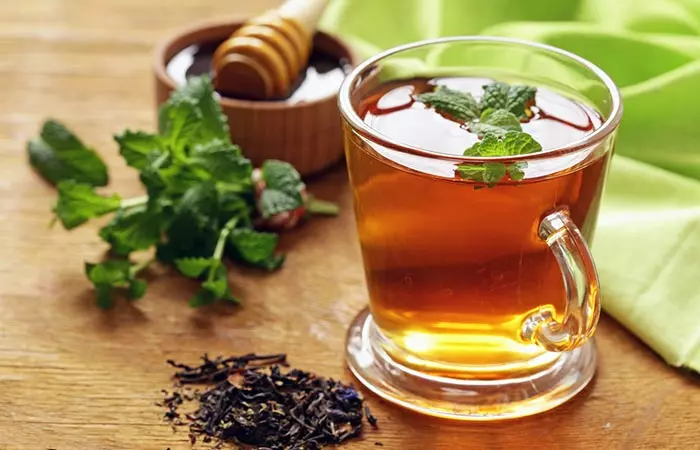
You can make this herbal tea with fresh or dried peppermint leaves. Let’s take a look at the procedure in detail:
You will need
- 2 cups of water
- Handful of peppermint leaves
- Honey (for taste)
Process
- Boil two cups of water.
- Add a handful of peppermint leaves after turning off the heat.
- Cover and steep for 5 minutes.
- Strain the tea and add honey as required.
 Quick Tip
Quick TipAdd a slice of fresh lemon and a few thin slices of ginger to enhance the flavor of your peppermint tea. The citrus will brighten the minty notes, while the ginger adds a warm, spicy kick that complements the freshness of the peppermint. You can also prepare peppermint tea with the tea bags available in many grocery and health stores.
While there are so many different ways you can spice up your regular peppermint tea, it’s important to know how many cups of this drink you can have in a day. Keep reading to learn more.
How Many Cups Of Peppermint Tea Can You Drink In A Day?

Peppermint tea has zero calories and is free of caffeine. Hence, you can have 4 to 5 cups of the tea on a regular basis. You can consume the tea at any time of the day. Enjoy it as a post-meal treat to aid digestion, in the afternoon to boost your energy, or before bed to help you relax.
However, adding flavoring agents such as sugar, honey, and lemon may increase the tea’s calorific value. You may want to be wary of that.
Though peppermint tea is generally safe for consumption, overconsumption may lead to health complications. We will explore the side effects of peppermint tea in the following section.
What Are The Side Effects Of Peppermint Tea?
Intake of peppermint tea is generally considered safe. However, some may experience allergies, heartburn, and drug interactions following its intake.
Excess consumption of this herbal tea may also cause some toxic effects. In male rats, a high intake of peppermint tea was found to compromise reproductive function (24). Other allergies caused by peppermint included contact dermatitisi An umbrella term for skin inflammation. rash, itchiness, and redness with small blisters as an allergic reaction to external substances. and asthma (25). People who are allergic to any form of peppermint should avoid the intake of this herbal beverage. Individuals who are on Warfarin treatment should be cautious. A study showed that peppermint tea could interact with Warfarin (26).
Infographic: Surprising Benefits Of Peppermint Tea
Ahh, peppermint tea! Known to keep us warm during the winter and healthy all the year through. While you might have read all its amazing benefits, we are sure that there were some you definitely need to read through again. Check out the infographic below for the most surprising benefits of peppermint tea.
Some thing wrong with infographic shortcode. please verify shortcode syntaxPeppermint tea is caffeine- and calorie-free and is a good substitute for regular tea. It is packed with antioxidants and has antibacterial, anti-inflammatory, and analgesic properties. The benefits of peppermint tea include better digestion, relief from nasal congestion, and better energy levels. It may also help improve your sleep, aid in weight loss, and relieve migraines and menstrual cramps. However, excess intake may cause allergies and heartburn and, in rare cases, may affect one’s reproductive functioning. Seek medical advice in such cases.
Frequently Asked Questions
How can peppermint tea help with nausea?
Jordan Anthony, MS RDN, says, “While the exact mechanism is unclear, multiple studies have shown that peppermint tea, or more specifically, the essential oils found in peppermint, can help to reduce nausea”.
Does peppermint tea make you urinate more?
There is no scientific evidence that peppermint tea, specifically, is a diuretic. However, excess intake of beverages can cause frequent urination.
Are mint tea and peppermint tea the same?
Yes. Mint tea is prepared from the leaves of peppermint. Both are the same.
Is peppermint tea good for kidneys?
Some anecdotal evidence suggests that drinking herbal teas in moderate amounts may reduce the risk of kidney stones. However, there is research in this regard.
Can you drink peppermint tea while you are pregnant?
Though there are no known side effects, consult your doctor before taking peppermint tea during this period.
Can peppermint tea help to reduce stress and anxiety?
Yes, peppermint tea contains menthol, which has a calming effect on the mind and can help combat stress (27). Anthony adds, “It does have a mild, pleasant flavor, and drinking warm beverages can help our bodies to relax and our heart rates to lower.”
How does peppermint tea boost the immune system?
Peppermint oil has antiviral and antibacterial properties that may help fight diseases. It also contains antioxidants that help strengthen the immune system (28).
How does the menthol in peppermint tea help to soothe sore muscles and joints?
The menthol in peppermint has a cooling effect that helps alleviate pain and relax muscles and joints. It also has analgesic, anti-inflammatory, and antispasmodic properties, which may help reduce inflammation (29), (30).
Illustration: Health Benefits Of Peppermint Tea And How To Make It
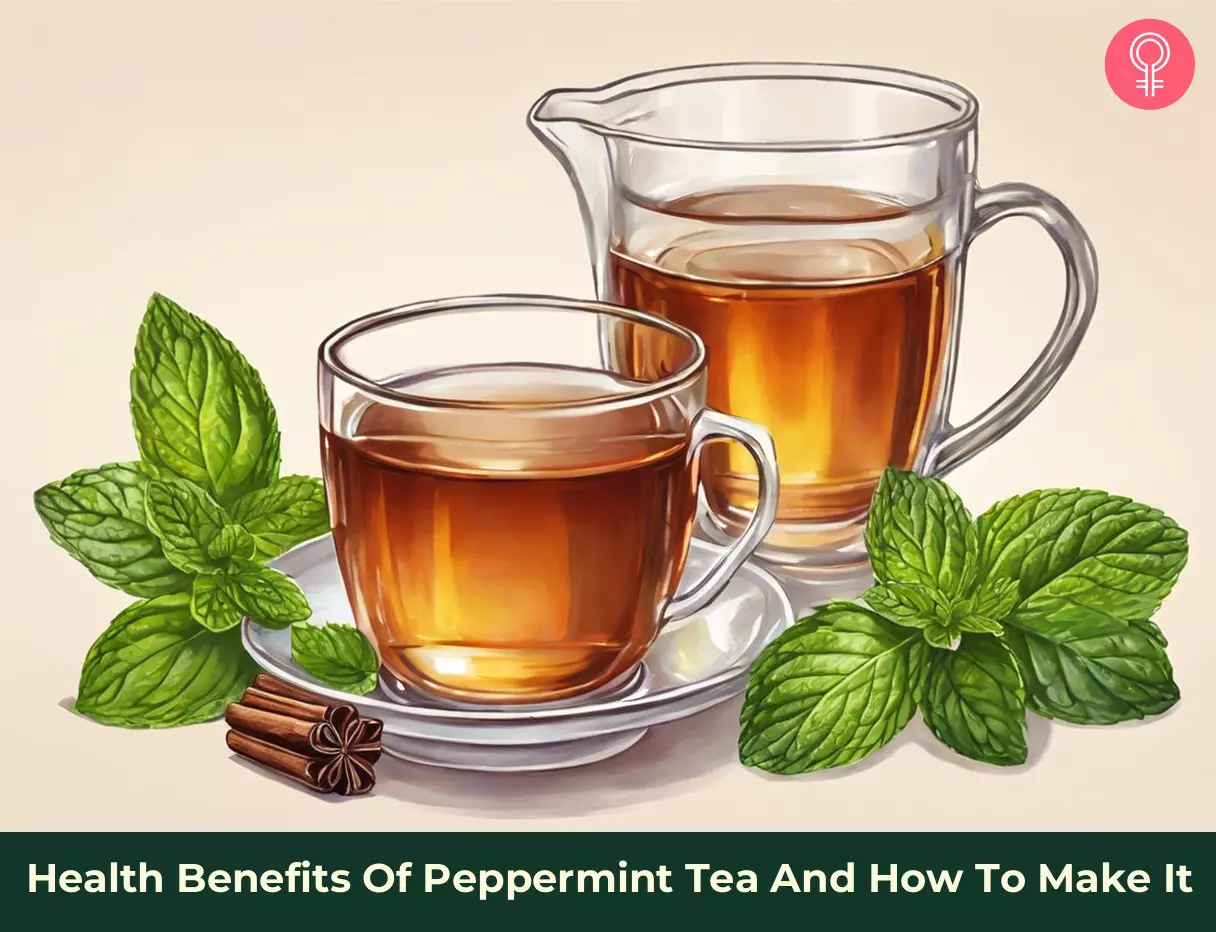
Image: Stable Diffusion/StyleCraze Design Team
References
Articles on StyleCraze are backed by verified information from peer-reviewed and academic research papers, reputed organizations, research institutions, and medical associations to ensure accuracy and relevance. Read our editorial policy to learn more.
- Amato A, Liotta R, Mulè F. Effects of menthol on circular smooth muscle of human colon: analysis of the mechanism of action. Eur J Pharmacol. 2014;740:295‐301.
https://pubmed.ncbi.nlm.nih.gov/25046841/ - McKay DL, Blumberg JB. A review of the bioactivity and potential health benefits of peppermint tea (Mentha piperita L.). Phytother Res. 2006;20(8):619‐633.
https://pubmed.ncbi.nlm.nih.gov/16767798/ - Thompson Coon J, Ernst E. Systematic review: herbal medicinal products for non-ulcer dyspepsia. Aliment Pharmacol Ther. 2002;16(10):1689‐1699.
https://pubmed.ncbi.nlm.nih.gov/12269960/ - Mikaili, Peyman et al. “Pharmacological and therapeutic effects of Mentha Longifolia L. and its main constituent, menthol.” Ancient science of lifevol. 33,2 (2013): 131-8.
https://www.ncbi.nlm.nih.gov/pmc/articles/PMC4171855/ - Dagli, Namrata et al. “Essential oils, their therapeutic properties, and implication in dentistry: A review.” Journal of International Society of Preventive & Community Dentistry vol. 5,5 (2015): 335-40.
https://www.ncbi.nlm.nih.gov/pmc/articles/PMC4606594/ - Thosar N, Basak S, Bahadure RN, Rajurkar M. Antimicrobial efficacy of five essential oils against oral pathogens: An in vitro study. Eur J Dent. 2013;7(Suppl 1):S071‐S077.
https://pubmed.ncbi.nlm.nih.gov/24966732/ - “Review on Herbal Teas .” Journal of Pharmaceutical Sciences and Research, Vol. 6(5), 2014, 236-238.
http://www.jpsr.pharmainfo.in/Documents/Volumes/vol6issue05/jpsr06051404.pdf - . “Peppermint.” Peppermint – an Overview | ScienceDirect Topics.
https://www.sciencedirect.com/topics/food-science/peppermint - Kapp, Karmen, et al. “Commercial peppermint (Mentha× piperita L.) teas: Antichlamydial effect and polyphenolic composition.” Food research international53.2 (2013): 758-766.
https://www.researchgate.net/publication/273436444_Commercial_peppermint_Menthapiperita_L_teas_Antichlamydial_effect_and_polyphenolic_composition - Rakover Y, Ben-Arye E, Goldstein LH. Harefuah. 2008;147(10):783‐838.
https://pubmed.ncbi.nlm.nih.gov/19039907/ - Eccles R, Griffiths DH, Newton CG, Tolley NS. The effects of menthol isomers on nasal sensation of airflow. Clin Otolaryngol Allied Sci. 1988;13(1):25‐29.
https://pubmed.ncbi.nlm.nih.gov/3370851/ - Dorman HJ, Koşar M, Başer KH, Hiltunen R. Phenolic profile and antioxidant evaluation of Mentha x piperita L. (peppermint) extracts. Nat Prod Commun. 2009;4(4):535‐542.
https://pubmed.ncbi.nlm.nih.gov/19476001/ - Kennedy D, Okello E, Chazot P, et al. Volatile Terpenes and Brain Function: Investigation of the Cognitive and Mood Effects of Mentha × Piperita L. Essential Oil with In Vitro Properties Relevant to Central Nervous System Function. Nutrients. 2018;10(8):1029. Published 2018 Aug 7.
https://pubmed.ncbi.nlm.nih.gov/30087294/ - Masoumi SZ, Asl HR, Poorolajal J, Panah MH, Oliaei SR. Evaluation of mint efficacy regarding dysmenorrhea in comparison with mefenamic acid: A double blinded randomized crossover study. Iran J Nurs Midwifery Res. 2016;21(4):363‐367.
https://pubmed.ncbi.nlm.nih.gov/27563318/ - Kamatou GP, Vermaak I, Viljoen AM, Lawrence BM. Menthol: a simple monoterpene with remarkable biological properties. Phytochemistry. 2013;96:15‐25.
https://pubmed.ncbi.nlm.nih.gov/24054028/ - Koithan, Mary, and Kathryn Niemeyer. “Using Herbal Remedies to Maintain Optimal Weight.” The journal for nurse practitioners : JNP vol. 6,2 (2010): 153-154.
https://www.ncbi.nlm.nih.gov/pmc/articles/PMC2927017/ - Shekarchi, Maryam et al. “Comparative study of rosmarinic acid content in some plants of Labiatae family.” Pharmacognosy magazine vol. 8,29 (2012): 37-41.
https://www.ncbi.nlm.nih.gov/pmc/articles/PMC3307200/ - Oh HA, Park CS, Ahn HJ, Park YS, Kim HM. Effect of Perilla frutescens var. acuta Kudo and rosmarinic acid on allergic inflammatory reactions. Exp Biol Med (Maywood). 2011;236(1):99‐106.
https://pubmed.ncbi.nlm.nih.gov/21239739/ - Sanbongi C, Takano H, Osakabe N, et al. Rosmarinic acid in perilla extract inhibits allergic inflammation induced by mite allergen, in a mouse model. Clin Exp Allergy. 2004;34(6):971‐977.
https://pubmed.ncbi.nlm.nih.gov/15196288/ - Takano H, Osakabe N, Sanbongi C, et al. Extract of Perilla frutescens enriched for rosmarinic acid, a polyphenolic phytochemical, inhibits seasonal allergic rhinoconjunctivitis in humans. Exp Biol Med (Maywood). 2004;229(3):247‐254.
https://pubmed.ncbi.nlm.nih.gov/14988517/ - Inoue T et al. Effects of peppermint (Mentha piperita L.) extracts on experimental allergic rhinitis in rats. Biological and Pharmaceutical Bulletin. 2001 Jan;24(1):92-5.
https://pubmed.ncbi.nlm.nih.gov/11201253/ - Alammar N Wang L Saberi B Nanavati J Holtmann G Shinohara RT Mullin GE. The impact of peppermint oil on the irritable bowel syndrome: a meta-analysis of the pooled clinical data. BMC Complement Altern Med. 2019 Jan 17;19(1):21.
https://www.ncbi.nlm.nih.gov/pmc/articles/PMC6337770/ - Food Data Central. “Peppermint, fresh.” USDA.
https://fdc.nal.usda.gov/food-details/173474/nutrients - Akdogan Mehmet et al. “Effects of Peppermint Teas on Plasma Testosterone Follicle-Stimulating Hormone and Luteinizing Hormone Levels and Testicular Tissue in Rats.” Urology Elsevier 7 Aug. 2004
https://www.sciencedirect.com/science/article/abs/pii/S0090429504004182 - Szema Anthony M and Tisha Barnett. “Allergic reaction to mint leads to asthma.” Allergy & rhinology (Providence R.I.)vol. 21 (2011): 43-5.
https://www.ncbi.nlm.nih.gov/pmc/articles/PMC3390130/ - Moeinipour Aliasghar et al. “Possible Interaction of Warfarin with Peppermint Herbal Tea: A Case Report – Mashhad University of Medical Sciences Repository.” Mums.Ac.Ir 2017.
http://eprints.mums.ac.ir/569/ - Akbari Rezai et al. ”Effect Of Peppermint Essence On The Pain And Anxiety Caused By Intravenous Catheterization In Cardiac Patients: A Randomized Controlled Trial.” National Library of Medicine 12: 2933–2939.
https://www.ncbi.nlm.nih.gov/pmc/articles/PMC6814313/ - McKay and Blumberg “A review of the bioactivity and potential health benefits of peppermint tea (Mentha piperita L.).” PubMed 2006 Aug;20(8):619-33
https://pubmed.ncbi.nlm.nih.gov/16767798/ - Meamarbashi and Rajabi “The effects of peppermint on exercise performance.” National Library of Medicine 2013; 10: 15.
https://www.ncbi.nlm.nih.gov/pmc/articles/PMC3607906/
Read full bio of Monica Auslander Moreno
- Jordan Anthony is a Registered Dietitian Nutritionist with over 6 years of experience. She was a public relations professional before she went back to the University of Southern California to get a Master's degree in Nutrition, Healthspan and Longevity. She is currently serving as the Senior Director of Nutrition at Ahara Corporation in Los Angeles, USA.
 Jordan Anthony is a Registered Dietitian Nutritionist with over 6 years of experience. She was a public relations professional before she went back to the University of Southern California to get a Master's degree in Nutrition, Healthspan and Longevity. She is currently serving as the Senior Director of Nutrition at Ahara Corporation in Los Angeles, USA.
Jordan Anthony is a Registered Dietitian Nutritionist with over 6 years of experience. She was a public relations professional before she went back to the University of Southern California to get a Master's degree in Nutrition, Healthspan and Longevity. She is currently serving as the Senior Director of Nutrition at Ahara Corporation in Los Angeles, USA.
Read full bio of Sindhu Koganti
Read full bio of Ravi Teja Tadimalla
Read full bio of Payal Karnik







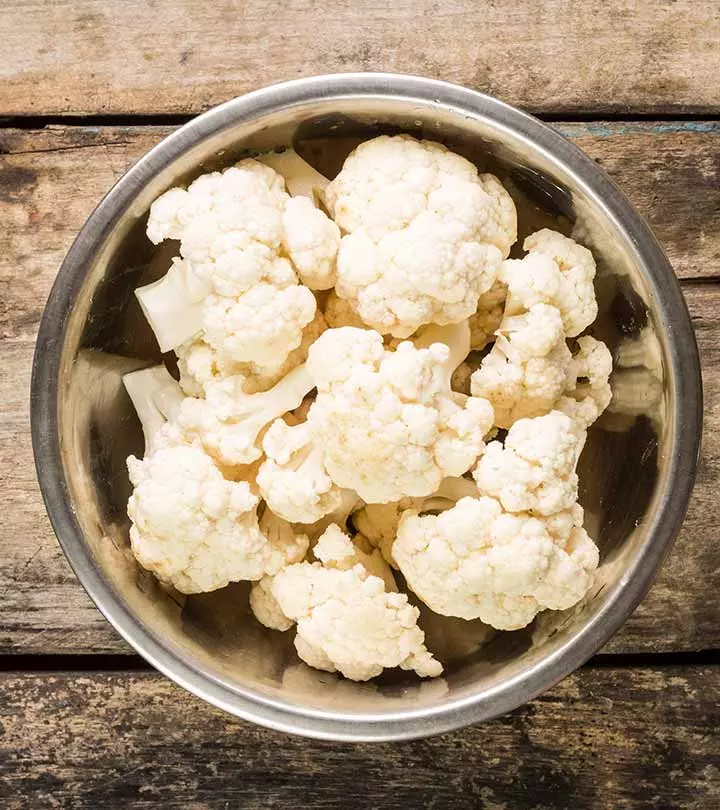
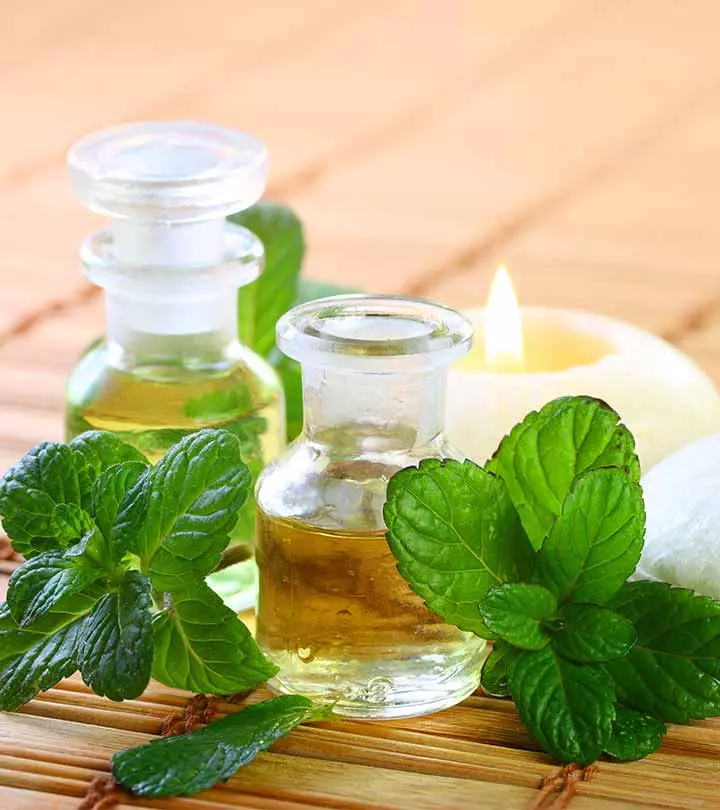

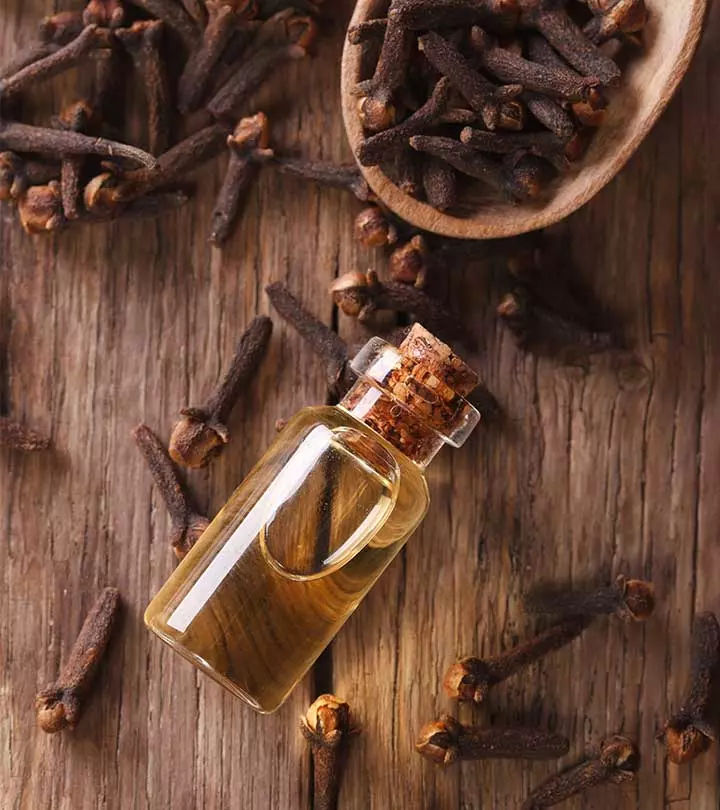
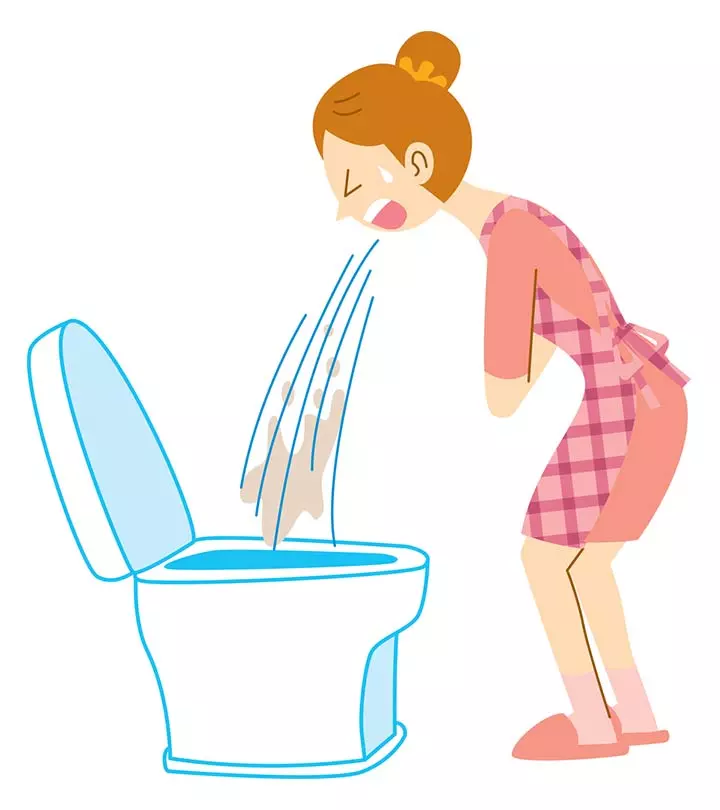

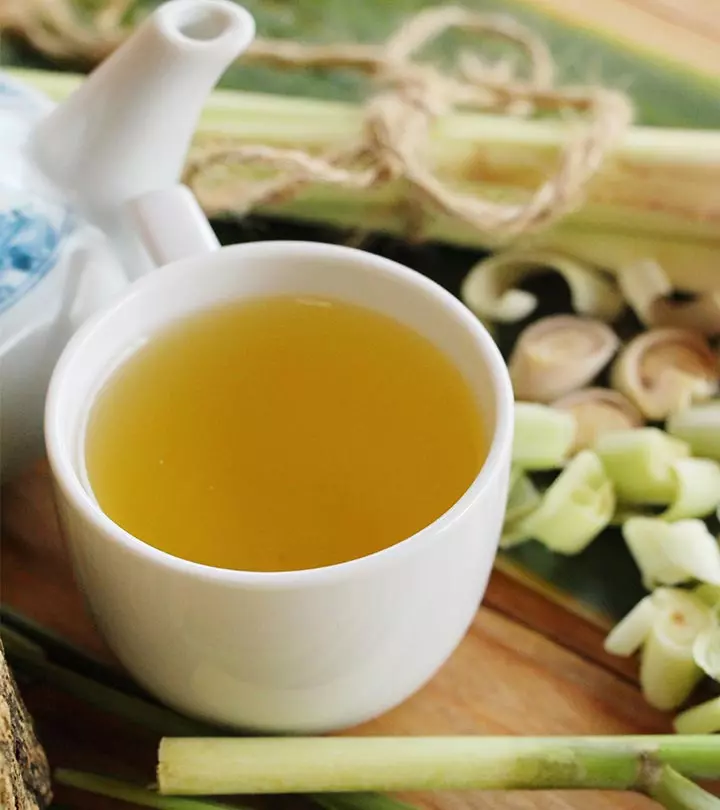

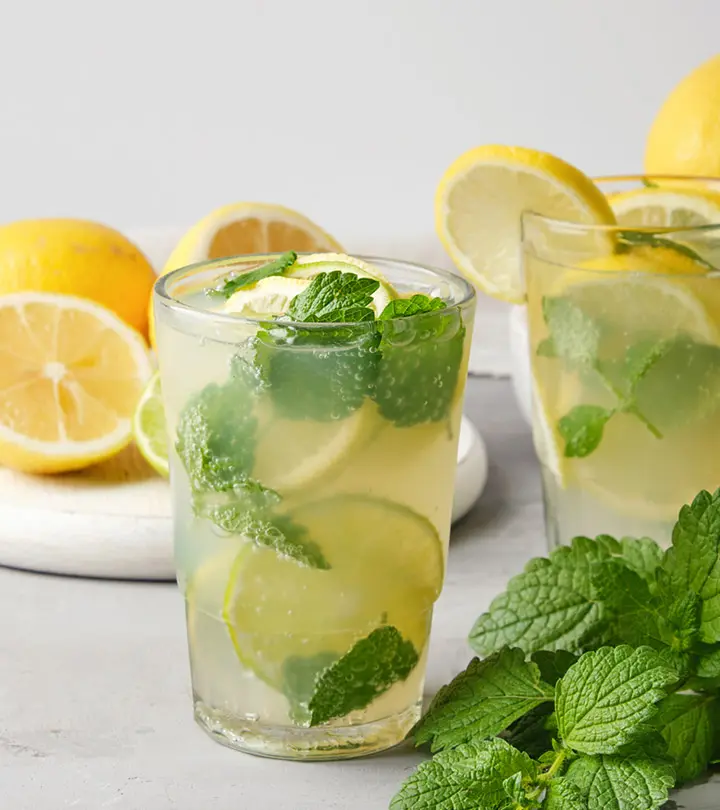
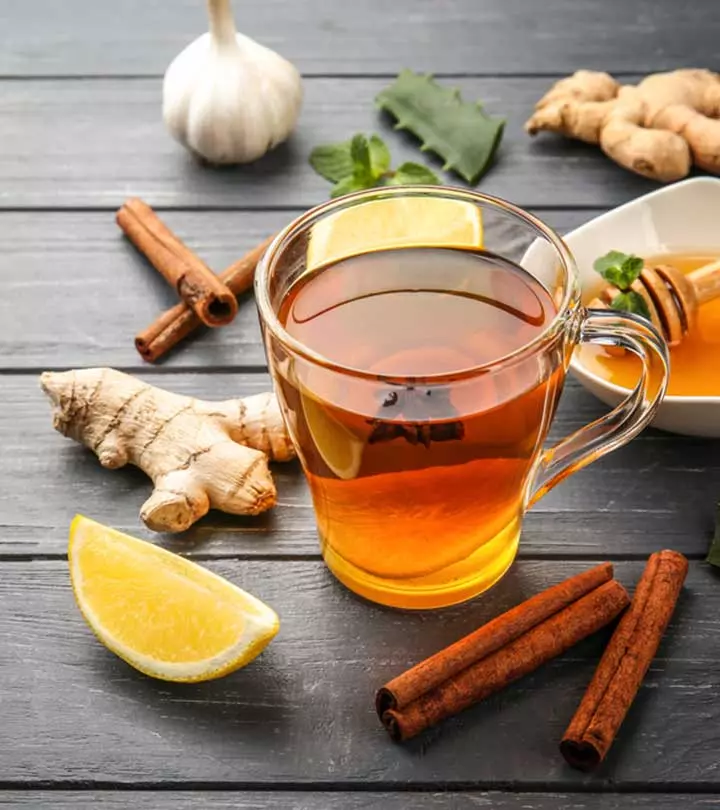
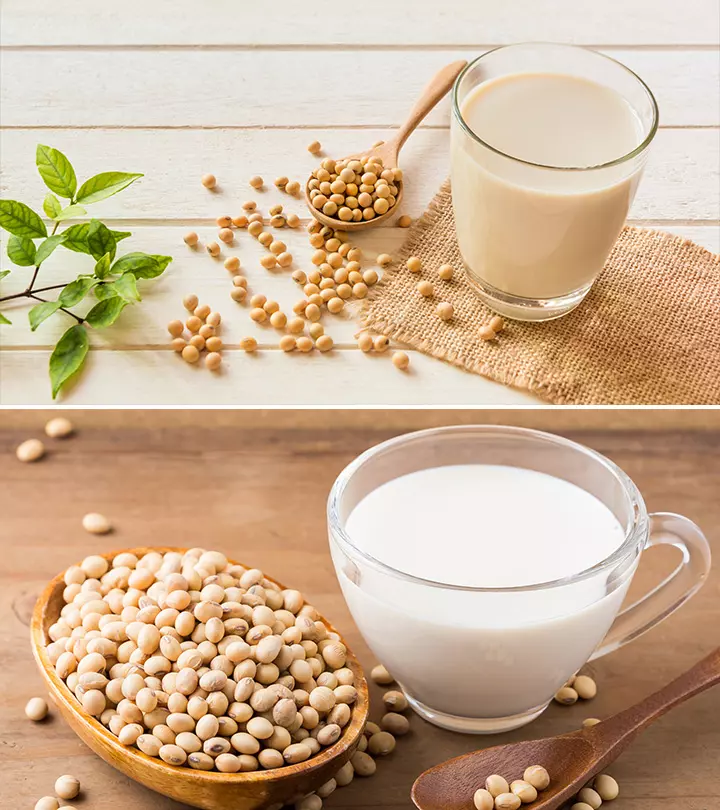
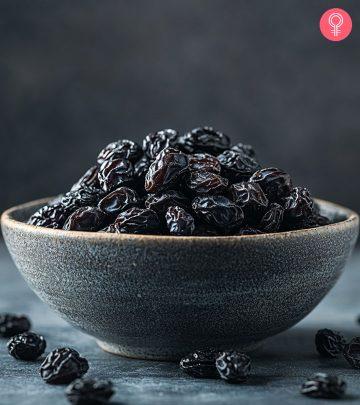
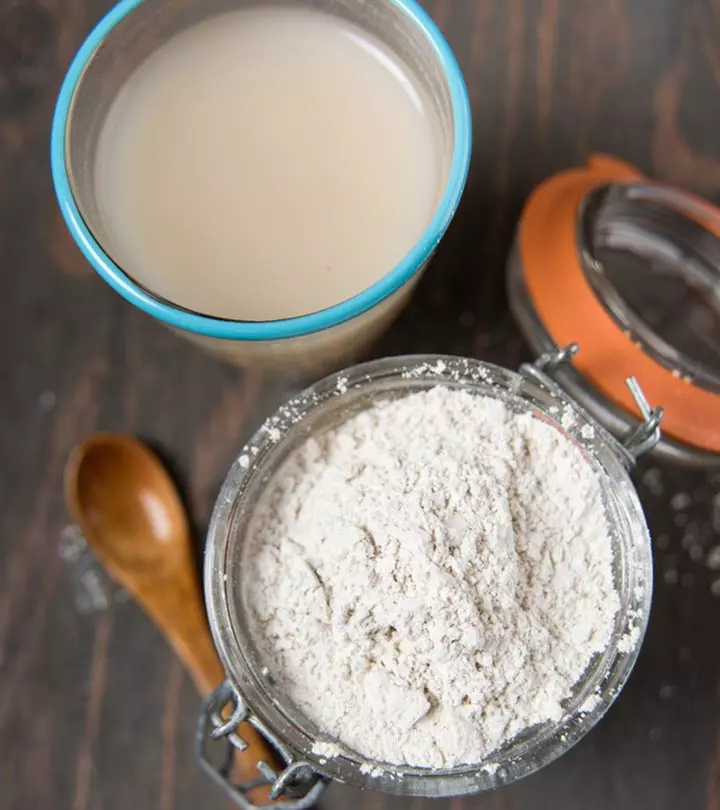
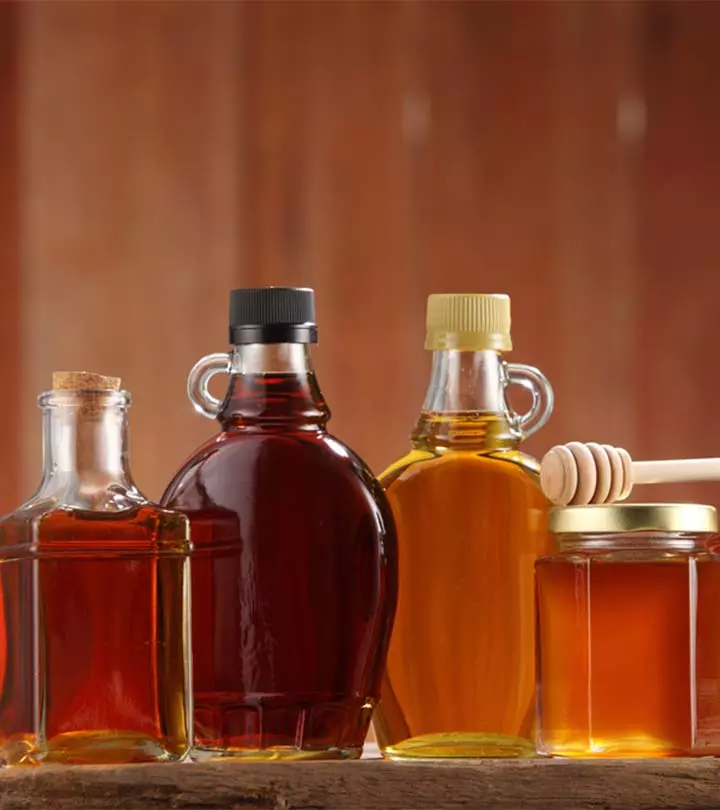

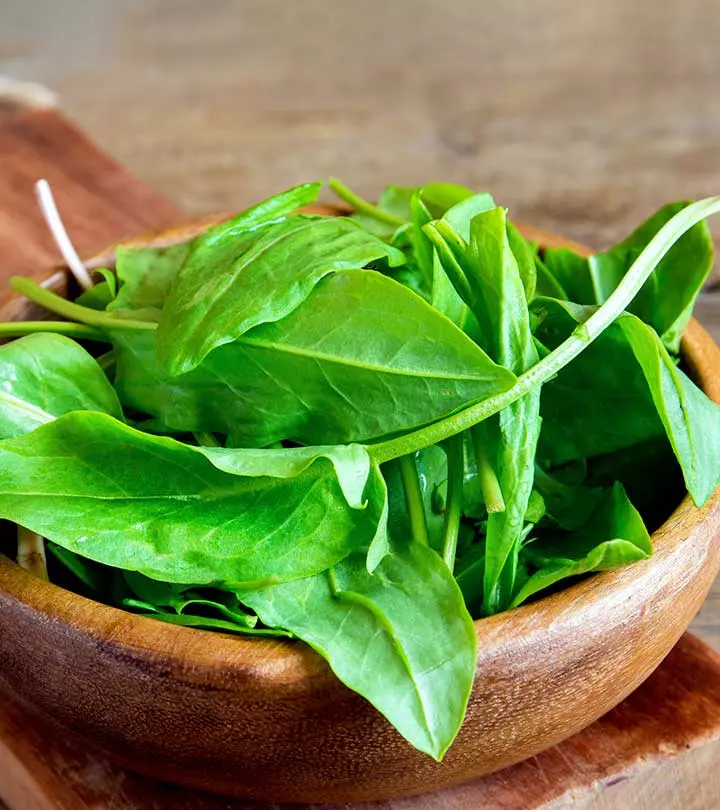
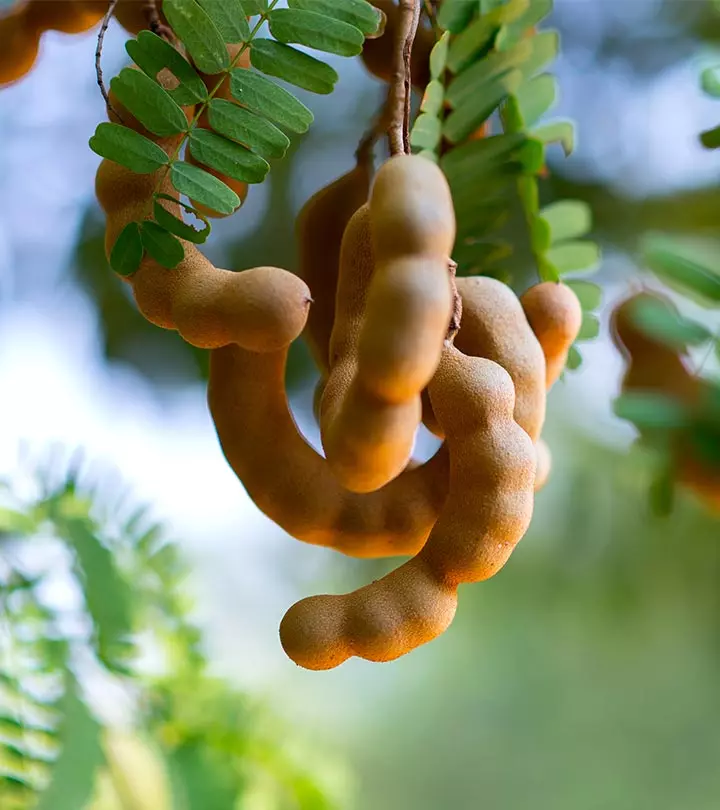
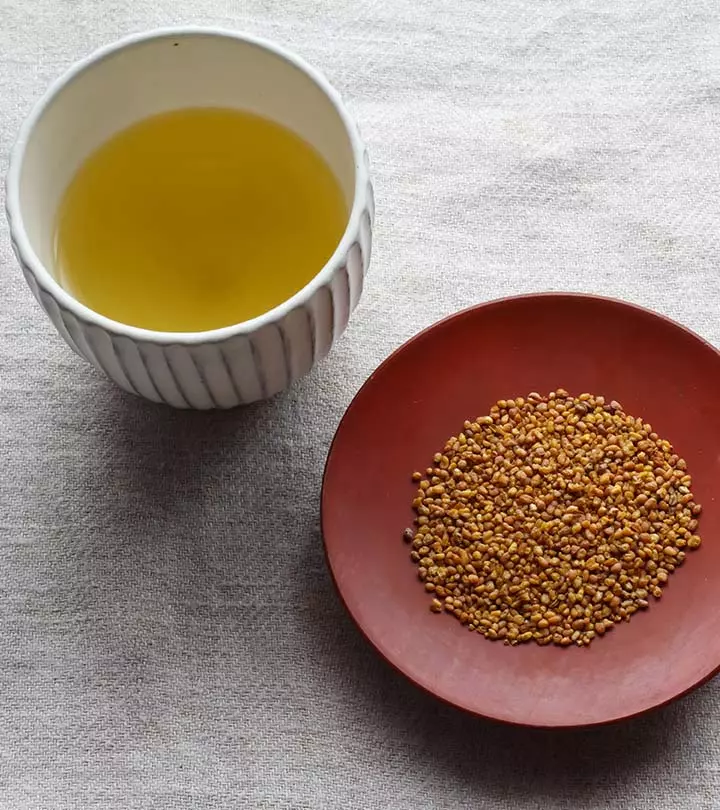
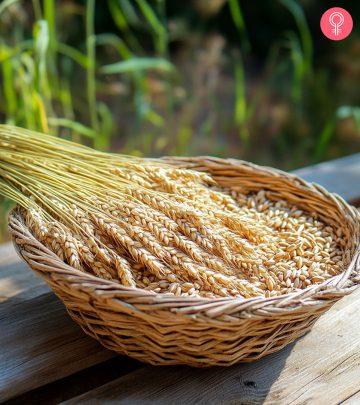
Community Experiences
Join the conversation and become a part of our empowering community! Share your stories, experiences, and insights to connect with other beauty, lifestyle, and health enthusiasts.